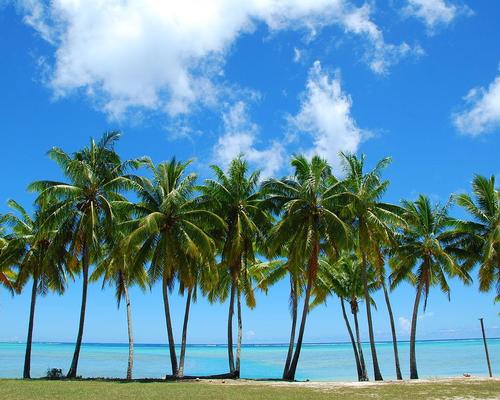25 Apr 2017
Stadium seats made from palm tree waste proposed for Qatar World Cup innovation challenge
BY Kim Megson

A team of engineers in Saudi Arabia has proposed how stadium seats in the near future could be made more sustainably using the fibres of palm trees.
A five-member group from Al Faisal University submitted the plan as part of a regional innovation competition established by the Qatar’s Supreme Committee for Delivery & Legacy, which is overseeing the 2022 FIFA World Cup in the country.
The team’s method involves using the waste of date palm trees mixed with recycled polymers such as PVC to produce the seats.
The project has been designed with sustainability in mind, as palm tree waste and polymers are reused, and the seat itself can be recycled to manufacture other products when required.
The engineers have fabricated test samples of the material to determine the feasibility of using it in the production process.
“Palm trees have always been part of the Arabian culture and the Arab world is home to 70 per cent of the world’s 120 million palm trees,” said team leader Nourah Alrubaiq. “The palm tree waste in Saudi Arabia is 75,000 tons annually, and that presented a huge opportunity for us to develop a sustainable solution to make the best of the discarded biomass instead of disposing it.”
She added that early studies found that just 1-3 per cent of the annual tree waste could be used to produce 40,000 to 60,000 seats. She argued that as as one ton of the waste ranges between US$100–150 in price, the cost of seat production would be considerably less than it is using more traditional materials.
The team – which also includes Suhailah Alkhawaske, Nada Haboudal, Arwa Alanqary and Noreen Mandora – are the university’s first female engineering graduates.
The have reached the semi-final stage of the competition, called Challenge 22, which is seeking innovative concepts capable of being transformed into a viable products for the World Cup. They are now fine-tuning their proposal before pitching it to judges for the competition final in Doha on May 22.
“In the short term we want to secure the support for patent registration, and in the long run implement the idea and finally conclude the feasibility of its use in projects for the 2022 FIFA World Cup in Qatar and other regional projects,” said Alrubaiq.
Close Window